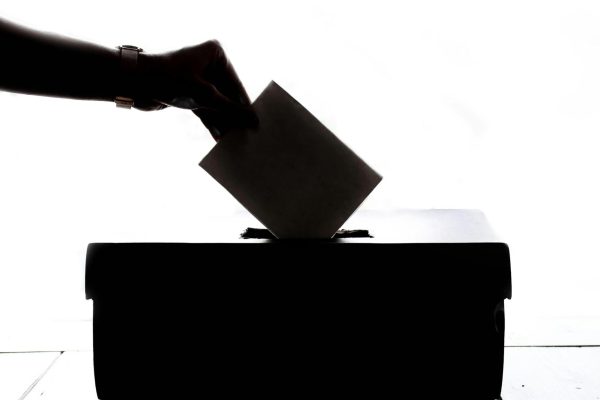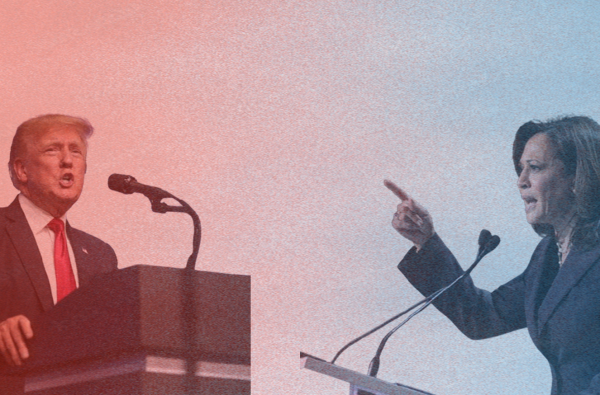Moving Past Tradition
Two unconventional candidates move on to the second round of the French Presidential Election
Out of the 11 candidates who ran in the first round of the french presidential election, En Marche (EM) candidate Emmanuel Macron, and National Front candidate Marine le Pen came out on top. These two unconventional candidates will be moving forward to the second round which is set to take place on May 7. For the first time in 60 years, neither the center right or the center left establishment parties will be moving on to the second round of the election.
Unlike the vote for Great Britain to leave the European Union and the 2016 United States presidential election, the french election results were not a surprise. The polls taken before the first election were remarkably close to actual results. Centrist Macron received the highest percentage of votes, with 23.8 percent. Far-right Le Pen followed behind with 21.3 percent of the vote. Republican François Fillon and La France Insoumise candidate Jean-Luc Melenchon nearly tied for third and fourth. Socialists Benoit Hamon, who is representing France’s incumbent party, fell behind and received only 6 percent of the vote. In total, 79 percent of the french population voted in the election on April 23. This is down two percent from the 2012 french presidential election.
Macron has never held elected office and is currently not affiliated with a political party. Rather, he is currently a part of a movement across France that arose less than a year ago. Votes for Macron mainly came from France’s alpine, center, western and coastal regions. Macron claims that he will work to revitalize the European Union, and hopes to make it stronger. In the future, he would likely be a reliable ally for the United States.
Like Macron, Le Pen has never held national office, but she does represent France in the European Parliament, which she wants to get rid of. In 2002, her father ran for president of France and founded the National Front Party. Le Pen received most of her votes from southern, eastern, and northern France regions. Le Pen would be France’s first female president. In a speech, Le Pen said, “It puts on me a huge responsibility to defend the French Nation, its unity, its security, its culture, and its independence.” She wants to release France from the control of the “arrogant elite.” Le Pen will strengthen the borders, and advance her ‘France First’ agenda.
The next round of the election holds a lot of global importance. Le Pen and Macron have quite different views on France’s future. United States president Donald Trump effectively endorsed Le Pen, while former United States president Barack Obama supported Macron. Trump’s endorsement came as no surprise as Le Pen and him both ran on a anti-immigrant platform. Le Pen is also a strong supporter of Vladimir Putin, which may strain France’s ties to the United States. This election will represent a vote for or against France’s presence in the European Union (EU). At this point, it is too early to determine the results of the second round.
The French election is another sign of citizens wanting to move past tradition. The future of the nations lies in the citizens hands, as they vote for their vision of the nation’s future.








